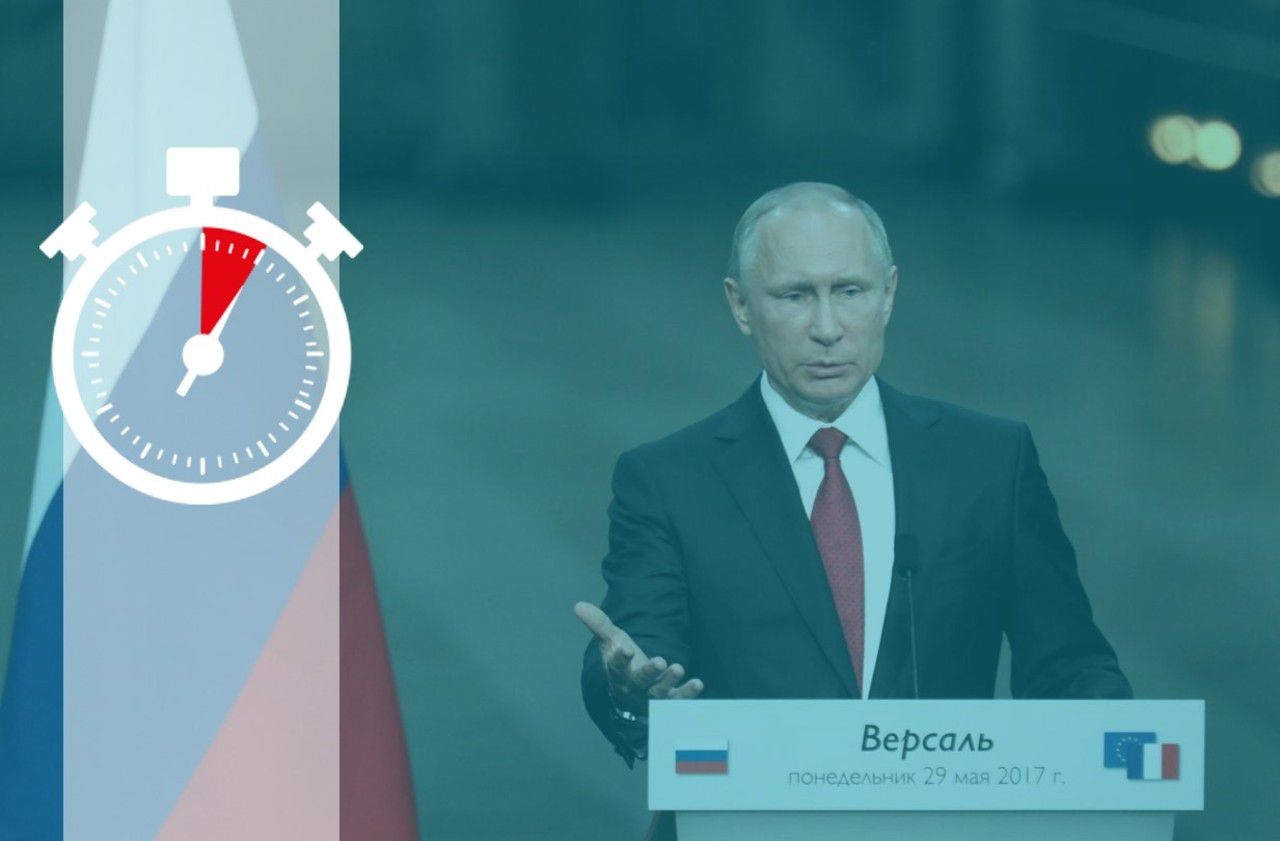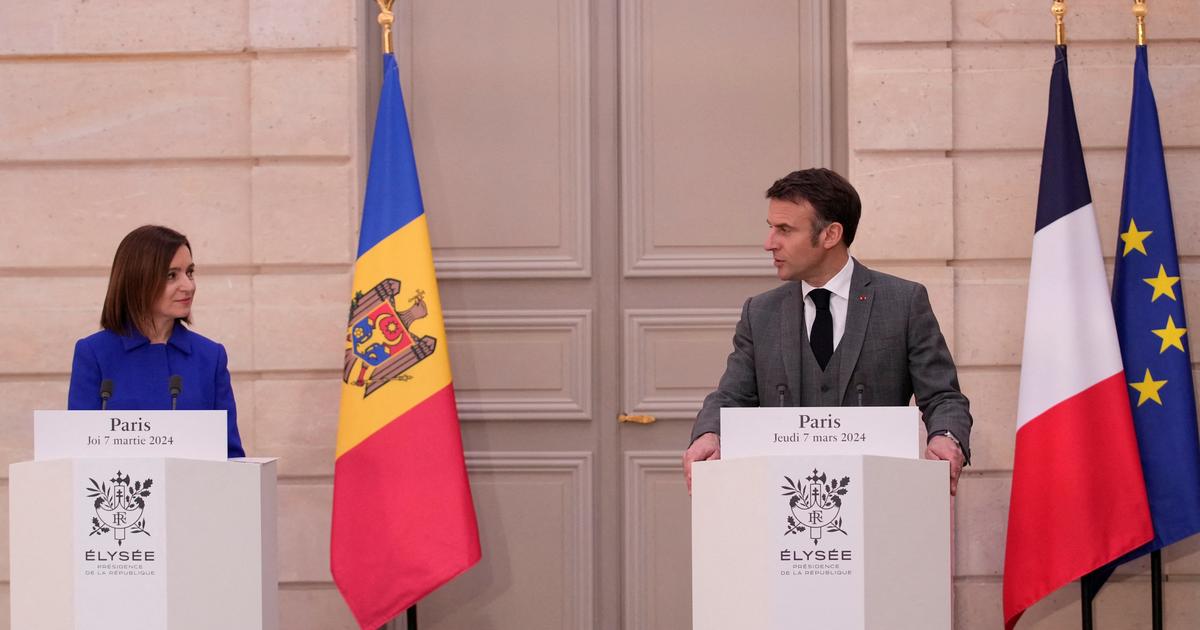The Russians largely approved at 77.92% a block of constitutional amendments Wednesday evening allowing in particular the president Vladimir Poutine to potentially extend his mandate until 2036, the year of his 84 years.
While the leader in power for twenty years thanked the Russians for validating the reforms, the poll was strongly criticized by the West and described as "a lie" by the opposition.
Le Parisien takes stock of the situation in Russia and the challenges of future reforms.
What do these reforms change?
The most important amendment allows Vladimir Putin to run for two additional six-year terms in 2024. Note that he resets the counters for him but that this will not apply to future presidents.
“This political manipulation opens up several options for him, including the presidential chair. We do not know what he is going to do, but it cuts short all speculation for the next elections in 2024. He again becomes the master of the game ", analyzes Tatiana Kastoueva-Jean, director of the Center Russia of the French Institute international relations.
The Russian president is in his fourth term since his first election in 2000. In 2008, the Constitution prohibiting him from competing for a third consecutive term, he became Prime Minister until 2012 under the presidency of his ally, Dmitri Medvedev. Then he was re-elected president in 2012 and 2018. The constitution had already been amended to extend the length of the presidential term from four to six years.
The other amendments adopted include measures aimed at respecting the country's heritage and the Orthodox Church as well as at strengthening the power of the Kremlin at the expense of local and municipal authorities. Another amendment also defines marriage as the union between a man and a woman, thereby formally prohibiting same-sex marriage. There is also talk of a minimum wage and the indexation of pensions to inflation.
How was the referendum?
The reform had been approved in March 2020 by the Russian Parliament and was scheduled to take place in April of this year. But it was pushed back because of the Covid-19 pandemic. In order to avoid excessive crowds at the polling stations, the poll took place over a week until Wednesday evening. The participation rate is around 65%.
Newsletter - Essential news
Every morning, the news seen by Le ParisienI'm registering
Your email address is collected by Le Parisien to allow you to receive our news and commercial offers. Find out more
But the ballot was described as a "catch-all" by several experts. The "yes" or "no" vote was general agreement, which meant that anyone who voted to index pensions to inflation would most likely check yes and, in doing so, would vote for the idea of letting Putin stay in power until 'in 2036. In addition, the referendum was purely consultative.
Why organize it when it is only advisory?
The results of the referendum are not surprising. The reform had been approved by Parliament and the new text of the Constitution was already on sale in bookstores this Thursday. So why organize this election anyway, in the midst of an epidemic?
Between May 2018 and June 2020, Vladimir Putin's popularity rating dropped from 79% to 60%, according to polling institute Levada. However, regional elections are planned for the fall of this year and the legislative elections in 2021. “He needed this popular vote because when the population is behind, that excuses everything. He wanted to postpone this election before the fall and especially before the economic consequences of the Covid-19 pandemic. It is a regime that needs permanent popular validation to move forward, ”explains Tatiana Kastoueva-Jean.
Why are the results of the vote questioned?
According to critics of the Kremlin, the authorities have multiplied the manipulations to ensure success, for example with a lottery with gifts for participants and vouchers for those who voted online. "There were so many different ways to vote: on the Internet, in polling stations, on the street, in the back of the trucks ... There was flexibility in the organization of this ballot which makes any manipulation possible", explains the author and Russian specialist Michel Eltchaninoff.
The Golos movement, which observes the elections in Russia, sounds the alarm concerning the vote on the constitutional reform: procedure which does not correspond to Russian and international law, already 682 incidents including very important which let foresee frauds. #Russie https://t.co/chM9MdwqMF
- Russia-Freedoms (@Rus_Lib) June 30, 2020The political opponent Nikolay Rybakov, leader of the Yabloko party, described this vote to the Parisian as being fraudulent. "This vote was not at all democratic, and the danger is that the citizens could think that there is really a majority in favor of these reforms", deplores the political opponent of Putin.
The spokesman for the European Union's chief diplomat asked Moscow to investigate the various irregularities reported.








